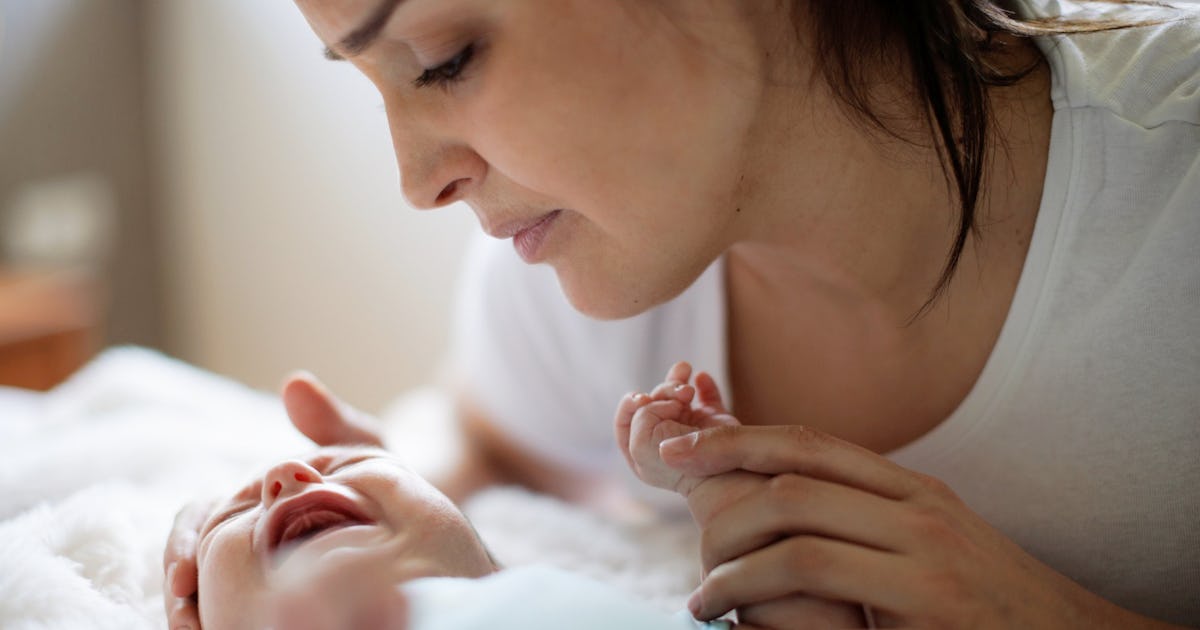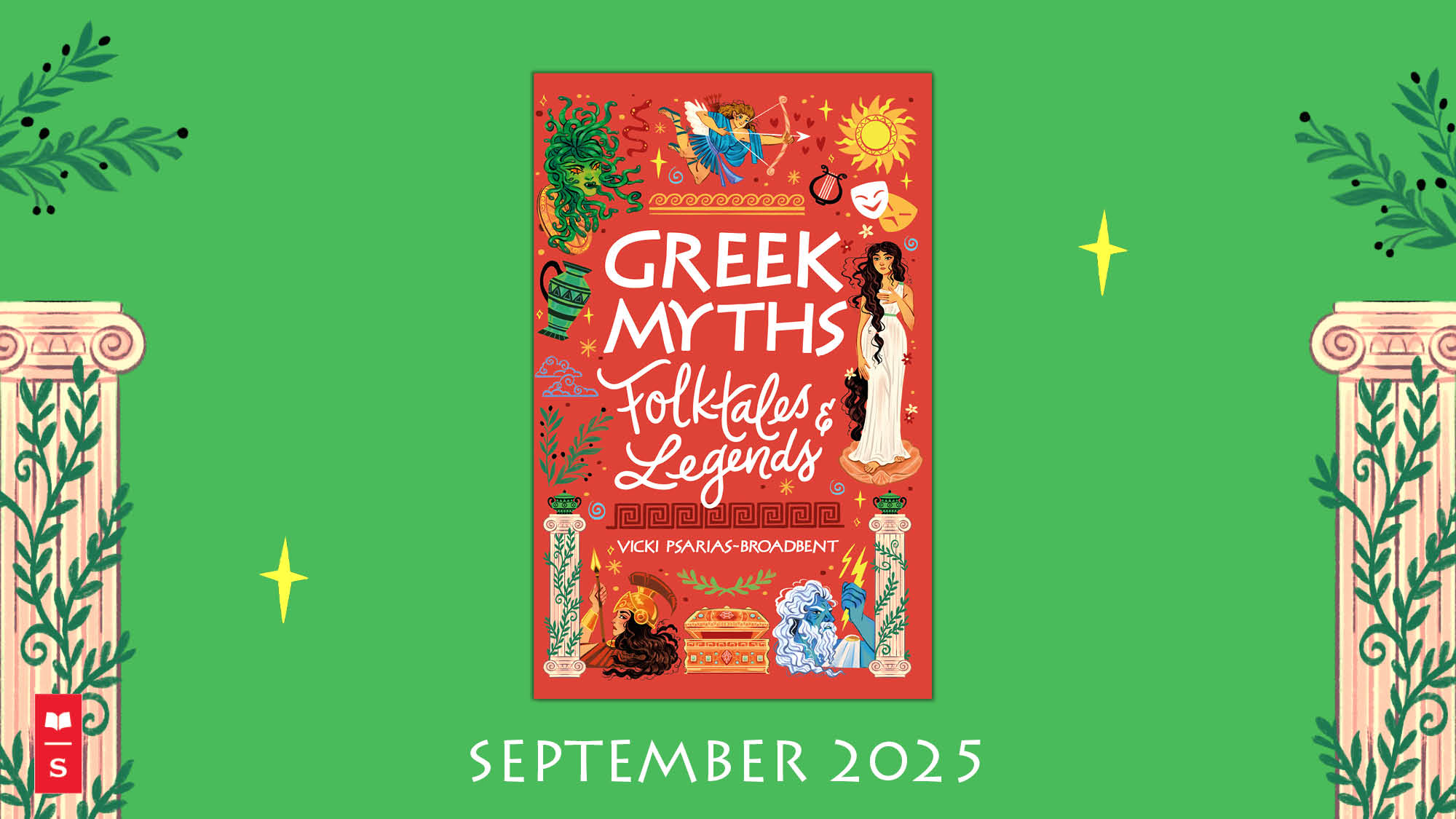
I’ll never forget crouching in the doorframe of my closet at midnight, holding my newborn in my arms, begging her to nurse.
Hours after delivering my daughter at a birth center, my midwife left the country. The backup midwife came to my house to perform the newborn screening, which my daughter passed without concerns.
That evening, I placed my two-day-old baby in her bassinet so I could soak in a bath. Tired and depleted, I relished in the stillness. But by 10 p.m., when I couldn’t coax my daughter to stir and nurse, panic bloomed inside me. I texted the midwife: I can’t get her to wake up and eat. What do I do?
I wasn’t a first-time mother. I nursed my first child into toddlerhood. Still, I reasoned with myself that she was a two-day-old baby; surely, this wasn’t wildly alarming. Babies like to sleep, and newborns are notorious for being difficult to nurse.
Right?
The midwife texted back: Try syringe feeding her.
Syringe feeding? Did I even have a syringe on hand?
By now, it was midnight. All the pharmacies in my area were closed. My pulse raced, and my stomach wound into a tight, anxious knot. I wished my midwife hadn’t left the country; I felt unanchored without her because I trusted her and wanted her opinion. Who else could I message at this hour? I thought about texting my friends in the medical field, but I knew they’d all be sleeping.
I felt so alone.
Then suddenly, my daughter’s breath seemed labored. I shouted to my husband, “Call 9-1-1! I don’t think she’s breathing!” My husband sleepily got out of bed and blew in her face. Her chest rose and fell. “She’s OK, see?” he said.
He must be right, I thought, telling myself my hormones and maternal instincts were on overdrive, causing my imagination to spiral. Everything will be fine, I thought, as I went to the kitchen to find a syringe. I squirted a small amount of milk into my daughter’s cheek. It dribbled out. Did she even get any?
All night, I stayed awake, trying on and off to syringe feed her and watching the clock’s slow, grueling pace with the tortured sense that everything was not OK.
Finally, in the early morning hours, I called my pediatrician.
“Hi,” I said, tremblingly, “I’m supposed to come in this week for my newborn’s first exam, but I couldn’t get her to eat last night. Is there any way I can come in first thing this morning?”
They fit me in, and I arranged for another family member to pick up my son from his part-time preschool class. As my husband drove us to the appointment, I sat in the backseat, whispering to my daughter and holding her hand.
While we waited for the appointment, I distinctly remember her latching and suckling for a few seconds. Tears welled in my eyes. I’d been overreacting, I told myself. Still, her suckling was so short-lived that I feared it wasn’t true.
The pediatrician weighed her, commenting on how much she’d lost.
“Babies are supposed to lose weight, though, right?” I asked, the shake in my voice growing.
“Not this much,” he said.
He didn’t take long to examine her before he turned to us.
“I’m sorry, but your daughter needs to go to the emergency room now.”
“OK,” my husband said, stunned, “we’ll drive her over there.”
“No,” the pediatrician said, “she needs to go by ambulance. I’m afraid she’s very ill, and every second matters.”
I’ll never forget the paramedics rolling the gurney into the pediatrician’s hallway. I sat down on it, holding her tightly in my arms, and stared blank-faced at the staff and other patients as they wheeled us out of the office and into the back of the ambulance. The paramedic who talked to me on the drive was kind, sharing his own stories of his medically fragile child, relating to me in a way that made me feel less alone.
When they rushed us into a special room where a team was already waiting to do a workup on my daughter, adrenaline coursed through me. Stunned, I remember making a joke to one of the paramedics to grab my pleather, knock-off Fawn diaper bag from the ambulance.
As they performed a spinal tap on my daughter, I called my nurse friend, who worked in the E.R. at that hospital but wasn’t on shift, and put her on speakerphone. Her coworkers talked to her with a familiarity that put me at ease. “You’re in good hands,” she assured me when I pressed the phone back to my ear.
Another friend drove over to hug my husband and me and offer her support, and my sister picked up our son from preschool and returned him to her apartment.
We didn’t know then that we were entering two weeks of hellish uncertainty as our newborn fought for her life. More spinal taps. PICC lines. Heel pricks to monitor unstable blood sugar levels. Bleak prognosis. Seizures. An MRI. A stroke. Doctors were puzzled over her condition. It wasn’t meningitis like they first thought. Every bacteria they tested came back negative. Genetic tests ruled out the scary diseases they speculated about.
In the end, they ruled it as bacterial sepsis, unknown bacteria. “Your daughter is a miracle,” one doctor told me when we were finally moved off the PICU floor. “I read her chart and expected to meet a much sicker baby.”
I clutched her close to me. That electric panic inside me quieted to a dull hum for the first time in weeks.
A few days later, when I returned to the pediatrician’s office for a follow-up, having survived the most traumatic experience of my motherhood, I distinctly remember the pediatrician assigned to me that day — different from the first one — asking me why I hadn’t rushed my newborn to the E.R. at the first sign something was off.
“It’s probably because you hadn’t had a newborn in a while,” she reasoned.
But in my head, I thought, no, that wasn’t it.
The truth is, as mothers, we often feel damned if we take them in, fearing we’re overreacting, and damned if we don’t, worried it could be worse.
“He’s just fighting a cold,” I can still hear a pediatrician telling me during one of my son’s bouts with croup when I rushed him to a same-day sick appointment. “Just lots of rest and fluids.”
Also, the E.R. is never where you want to take a newborn. It’s notoriously germ-filled and crowded. When my daughter was born, it was cold and flu season. I imagined waiting there for hours to see a doctor with a child hacking next to us, only to be told by another doctor in so many words that I was just struggling to nurse my newborn.
In hindsight, that’s not how that E.R. visit would have gone. They would’ve gotten us in immediately, given her age and condition. I wish I hadn’t let my husband talk me out of calling 9-1-1. I beat myself up over that for years, and I know he regrets that decision too. Still, I’ve learned to let it go — what’s done is done.
To this day, every time my children get sick — even with a fever — PTSD from that event resurfaces, causing me to spiral inwardly just a little.
I wish more mothers understood that it’s normal to have heightened anxiety when your child falls ill. Even my friends in the medical profession say that their judgment gets clouded when it comes to their children or that they give in to irrational fears. These are our babies, after all, and it’s our instinct to protect them.
Last year, I downloaded a pediatric telehealth app called Blueberry Pediatrics that offers me access to a pediatrician 24/7/365. It’s helped me in those late-night hours or out-of-town trips when I need help assessing what to do. I hope care like this becomes more mainstream, because it would have changed everything back in 2017 when I was alone, crouching in my closet, afraid and uncertain about what to do.
Recently, I spoke with Dr. Lyndsey Garbi, the co-founder and chief medical officer of Blueberry Pediatrics, about my anxieties surrounding childhood illness. She shares, “The overwhelming majority of ailments children get when young resolve without danger, but peace of mind is worth a call or trip to the pediatrician. It’s always important to trust your parenting instincts. Better to be home knowing your child is safe, rather than stress and question if you are doing the right thing for them or not.”
Sometimes, we just need someone to tell us everything is OK.
Or, in my case, validate that it wasn’t.
Next time you’re unsure what to do, remember that listening to my instincts saved my daughter’s life. I only wish I’d listened sooner.
Kris Ann Valdez is an Arizona native, wife, and mother to three children, as well as an overzealous family dog. As a freelance journalist, her work appears in Business Insider, SUCCESS, Motherly, and Motherhood Mag, among others. You can follow her @krisannvaldezwrites.
Disclaimer: This content was automatically imported from a third-party source via RSS feed. The original source is: https://www.scarymommy.com/parenting/listening-to-my-instincts-saved-daughters-life. xn--babytilbehr-pgb.com does not claim ownership of this content. All rights remain with the original publisher.






